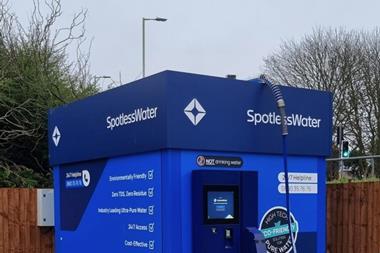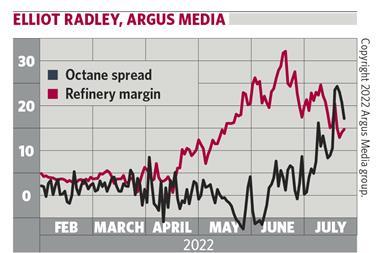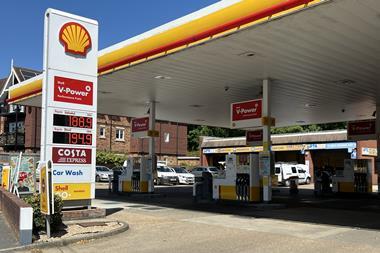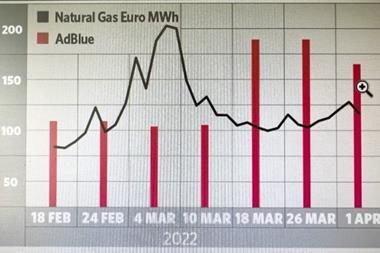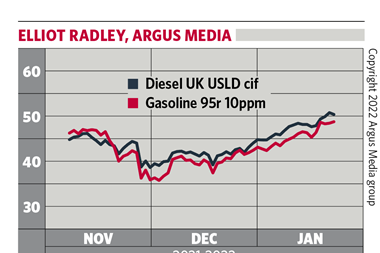
Fierce competition between forecourts has long been the most effective way to ensure low prices for motorists.
But the Competitions and Markets Authority (CMA) expressed concern in 2023 that competition has ‘weakened’ after it completed two investigations. CMA felt that consumers may save money if Government introduces a new ‘fuel finder’ scheme to help motorists choose between different forecourts.
We in the fuels industry are already supporters of fuel price transparency. Forecourt operators show the public – and their competition – the price of fuels each day by highlighting it on forecourt signs. Our members also voluntarily report fuel price data to agencies. And price transparency apps provide motorists with a lot of the fuel price data they need.
So, as with any such scheme, it is essential that the Government’s proposals are well designed, so they really benefit motorists and don’t just place disproportionate new costs on fuel retailers.
We in Fuels Industry UK believe there are five changes to the proposals that are needed to avoid these pitfalls.
Firstly, Government should scrap the proposed fuel price aggregator, which would be a costly middleman providing no clear benefit to the consumer. It is simply not needed because the voluntary scheme and existing apps already make data accessible without the suggested £5m Government thinks the aggregator might cost.
Secondly, everyone needs to take part. Our members own 16% of the UK’s 8,000 or so forecourts and we strongly believe that all operators should be signed up to the scheme to ensure competition isn’t distorted.
Thirdly, we believe that price reporting should be limited to ‘standard’ forms of fuel and not ‘super’ petrol and diesel because consumers often buy super grades according to quality of the product rather than price.
Fourthly, it should be recognised that some retailers may not have online reporting methods – for example, small forecourts in remote rural locations with poor internet connections. So, we favour a 90-minute time requirement for forecourts to report retail price changes rather than the proposed 30 minutes. Ninety minutes would also give some time to resolve occasional errors that will inevitably crop up when retailers are trying to juggle this new requirement with the rest of a busy shift.
And finally, it is important that data provided by fuel retailers focuses on fuel retail prices and does not include trading hours or fuel types offered for sale. That information is not central to the purpose of the scheme and may be difficult to provide, for instance during bank holidays. This is a new reporting requirement and needs to be kept focused on its core aims, or else we risk costs escalating.
Other countries have shown that fuel finders can be helpful, and the UK’s can be too. We in the fuels sector look forward to working closely with Government as it moves forward with the scheme, to ensure the position of industry is understood so that motorists continue to get the best deal at the pump.


























